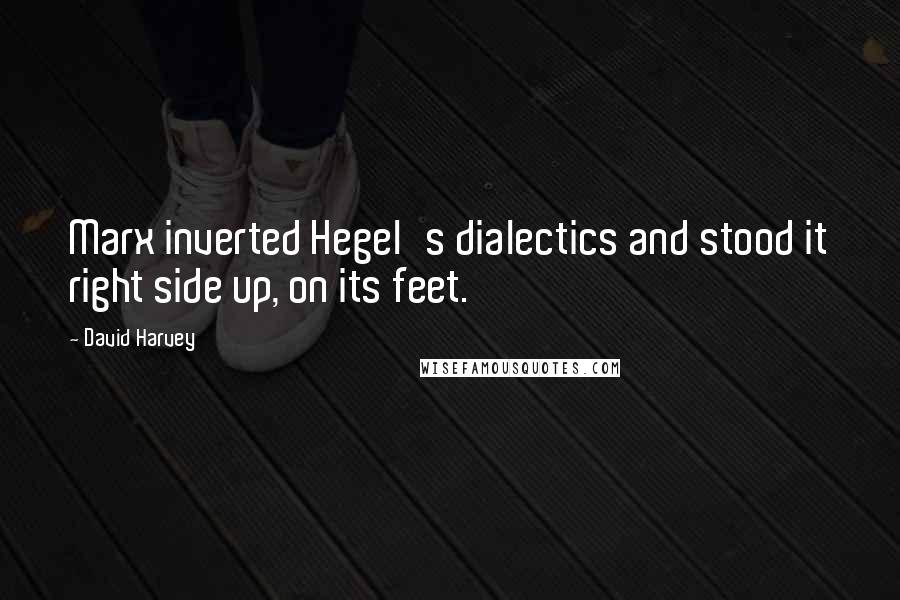
In immediate self-consciousness the simple ego is absolute object, which, however, is for us or in itself absolute mediation, and has as its essential moment substantial and solid independence. In this experience self-consciousness becomes aware that life is as essential to it as pure self-consciousness. So, this puppy, like everything else, is on its way to becoming a more perfect puppy. The concept needs its physical counterpart, even though the concept rules or determines the physical counterpart's existence. You might be thinking, "Fine, but who cares?" Well, this notion is actually rather radical because it posits that, without its body, the idea of that puppy would not exist. It just embodies its own, conceptual puppy-self in a unique, physical puppy-shape. Like, it's not as if the puppy you're holding is a lesser version of some ideal puppy. In this quote, I'm trying to intertwine concepts with the material world. You've heard of Plato, right? He's got these perfect, ideal conceptions of things that have their physical counterparts in the phenomenological world (what most of us consider the real world, because we experience through our senses). So, I'm doing a couple things here that require some background knowledge. Thus the visible existence of the conception is its body, just as the body obeys the soul which produced it. A soul without a body would not be a living thing, and vice versa. The body is the same life as the soul, and yet the two can be named independently. The conception and its existence are two sides, distinct yet united, like soul and body. I mean, the shadow behind you doesn't undo the glare in your eyes, but they do define each other. Kind of like how you know what light is because of its relation to dark, so both are light and dark, in a way. Okay, Immanuel Kant started talking about immanence and transcendence first, but I think my work did a lot to confuse… I mean, fascinate people.īasically, I think that material things are fully present, in the here-and-now, but also defined via oppositions. Immanence yeah, I went there, and philosophy has been wrestling with it ever since. I know this sounds wacky, but don't give up on me now. There is nothing, nothing in heaven, or in nature or in mind or anywhere else which does not equally contain both immediacy and mediation. Just like we bust through the week to get to Friday. In this quotation, I'm basically pointing out that humans are bursting through one epoch to bring about the next. As a people, we're ever changing into the best, final, complete, whole, most unified state possible, so that we can enter a history in which we're most free. Anyway, these epochs are all various phases of blossoming. You see, I've got this idea that history is divided into stages called epochs you know, just like those science-types have designations like the Jurassic period. Keep that metaphor of the bud blossoming into a flower in mind when thinking about this quote. The spirit of man has broken with the old order of things hitherto prevailing, and with the old ways of thinking, and is in the mind to let them all sink into the depths of the past and to set about its own transformation. Our epoch is a birth-time, and a period of transition. People freak out when trying to read my stuff because they don't understand how things can become what they already are. It represents the completion of the bud's destiny.

The bud becomes the flower, and the flower is what the bud was always going to turn into. So, you go from one state ( the bud) and then, in negating it, you blossom. By using flower imagery I show how my theory–that has often been sloppily described as thesis- antithesis- synthesis–works. From Preface to the Phenomenology of Spirit (1807)įar be it for me to toot my own horn, but what I do here is kind of beautiful. The ceaseless activity of their own inherent nature makes these stages moments of an organic unity, where they not merely do not contradict one another, but where one is as necessary as the other and constitutes thereby the life of the whole. The bud disappears when the blossom breaks through, and we might say that the former is refuted by the latter in the same way when the fruit comes, the blossom may be explained to be a false form of the plant's existence, for the fruit appears as its true nature in place of the blossom.


 0 kommentar(er)
0 kommentar(er)
